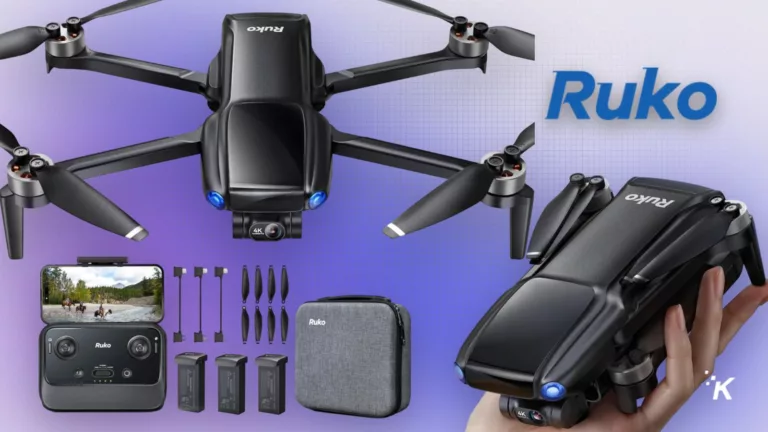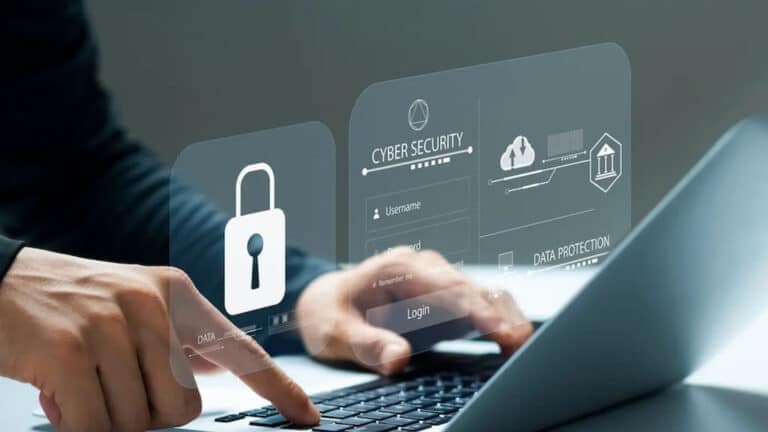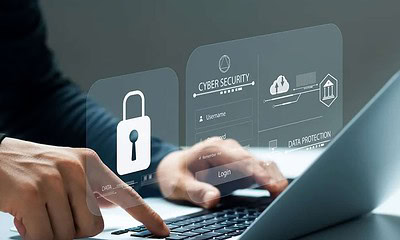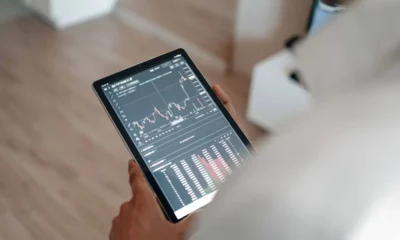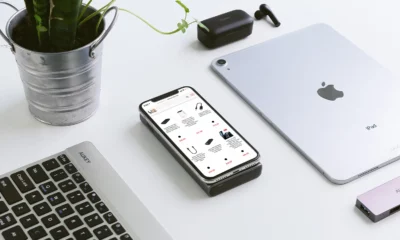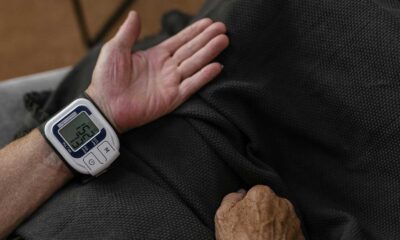Sponsored
Protecting your iPhone: Detecting and dealing with spyware
Learn how to spot spyware on your iPhone and protect your personal information. Stay safe online with these tips.

Just a heads up, if you buy something through our links, we may get a small share of the sale. It’s one of the ways we keep the lights on here. Click here for more.
Spyware is malicious software designed to secretly collect information from your iPhone without your knowledge or consent.
These digital stowaways can be malicious. They often operate in the background, tracking your online activity. While some spyware apps are used for legitimate purposes, most are intrusive and pose significant privacy risks.
This article explores recognizing the signs of spyware and offers tips for protecting personal information and maintaining digital security.
Understanding Spyware on iPhones
Spyware is like your nosy neighbor who’s always peeking through the curtains. It sneaks onto your iPhone without knowing and starts snooping around, collecting sensitive information, and monitoring your activities.
Now, you may be wondering how it landed on your device. Well, it’s craftier than you might think. Sometimes, it hitches a ride with apps you download, even legit ones.
Sometimes, it might sneak in through a dodgy website or suspicious link in an email. Sometimes, someone needs physical access to your device to install the spy app directly.
When it comes to iOS devices, spyware comes in a few different varieties. You’ve got basic keyloggers that record everything you type and stalkerware that tracks your location and messages.
The more sophisticated spyware apps can access your camera and microphone.
There are some legitimate uses for spy apps. Krishi Chowdhary from Techopedia explains that the top iPhone monitoring apps allow parents to monitor their kids’ online activities and keep tabs on their whereabouts.
He says employers sometimes use them to monitor company-owned devices. The difference between legitimate uses and malicious intent is consent and transparency. When it’s out in the open and everyone’s on board, it’s not really spyware anymore.
Common Warning Signs of Spyware
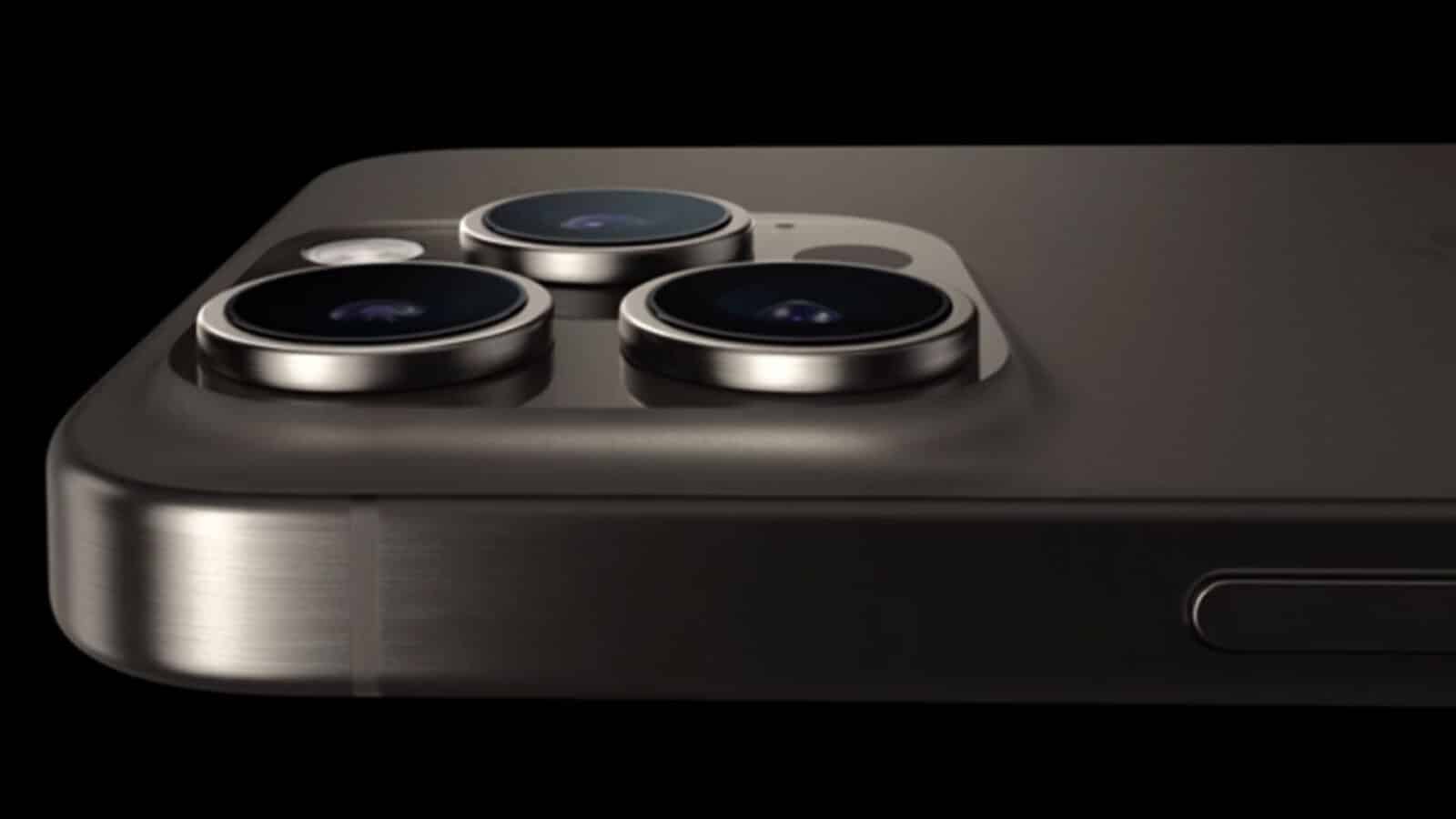
How can you tell if your iPhone has some unwanted company? These are red flags to look out for:
Increased Data Usage
Keep an eye on your data usage. If your device is suddenly gobbling up data like it’s an all-you-can-eat buffet, and you haven’t changed your habits, there’s a very good chance you may have spyware.
Spyware will constantly collect your data, including your location, messages, browsing history, and even your keystrokes. The collected information needs to be transmitted back to whoever’s pulling the strings, and it does this by using your data.
Decreased Battery Life
Spy apps continuously run in the background, monitoring your actions and collecting your data. This constant processing consumes battery power even when your phone is not actively being used.
The increased battery drain might be more than your Netflix addiction, and it’s usually the first noticeable sign that spyware may be present.
Slow Performance and Frequent Crashes
Since spyware runs covertly and continuously in the background, it can impact your device’s performance.
Spyware hogs your iPhone’s resources, competing with legitimate apps for CPU and memory. Another red flag is frequent crashes, or system freezes due to resource constraints.
You’ll also notice longer load times for apps and websites.
Unexpected App Behavior
Spyware can interfere with normal app operations in several ways. If apps open on their own or flash weird messages, it’s a sign that spyware is manipulating app settings or data.
Certain types of spyware can launch apps without your input to gather information and can overlay malicious content on legitimate apps.
This unexpected behavior is often a sign that something is controlling your apps behind the scenes.
Increased Device Temperature
If your phone feels hot enough to fry an egg, it’s probably working overtime. Spyware increases CPU usage to run background processes constantly. The higher the CPU activity, the more heat it will generate.
Some spyware may prevent your device from entering low-power states, keeping it active and warm even when unused.
The increased temperature is basically your iPhone pushing hard to handle your normal usage and spyware demands.
Advanced Indicators of Spyware Infection
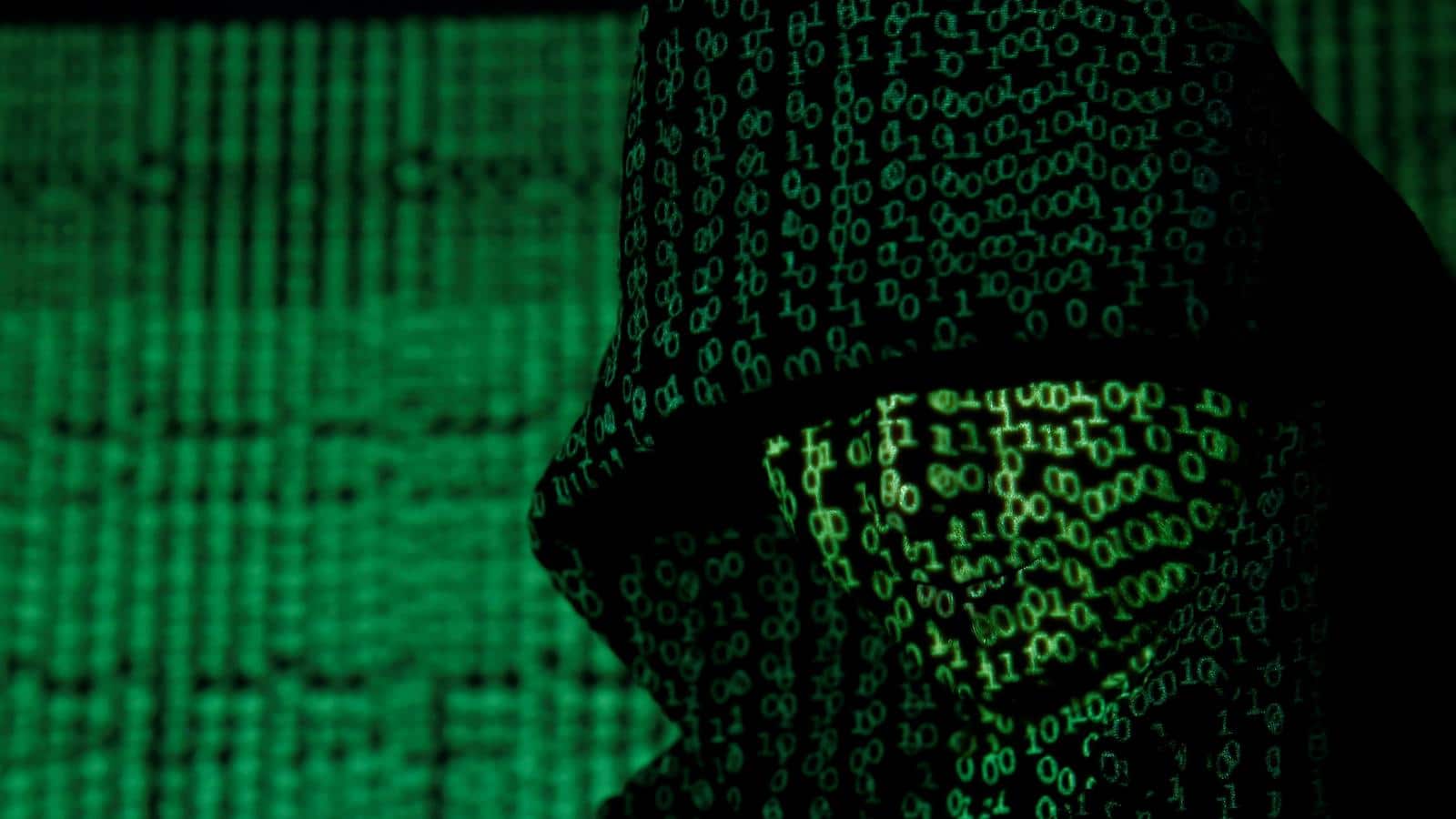
The advanced signs that your iPhone has a spyware infection go beyond the common signs and require more technical knowledge or specialized tools to detect.
Suspicious network activity: Look for unexplained spikes in data usage and unusual network connections or traffic patterns.
Abnormal storage use: This would be any unfamiliar files or apps that you did not download.
Difficulty shutting down your device: If your iPhone takes longer to shut down or “sticky” processes are preventing reboots, this is a clear sign of a known spyware infection.
Jailbreaking: The presence of apps like Cydia allows the installation of unauthorized software. Although Cydia is not spyware, it makes your device more vulnerable to security threats. Jailbreaking voids your device’s warranty from Apple.
App permissions: A clear sign is when apps on your devices are requesting or have more permissions than they should.
Tools and Methods for Detecting Spyware
While iPhones are pretty fortress-like, having extra protection never hurts. Consider installing a reputable security app like Avast, Norton, or Lookout.
These apps will scan your device for any suspicious activity and alert you if viruses, malware, and spyware infections are present.
Don’t forget about your iPhone’s built-in superpowers, either. The Screen Time feature isn’t just for curbing the amount of time you spend online, but it can also show you which apps are draining your battery and hogging your data. Unusual spikes could be spyware at work.
If you are tech-savvy, use your device’s diagnostic data. It’s like reading your phone’s diary and any entries that seem out of place could be a telltale sign of spyware.
Remember, no tool is foolproof, but combining these methods can significantly help detect any malicious infections or apps.

What to Do If You Suspect Spyware
If you suspect spyware on your device, update your iOS to the latest version. This will ensure you have the latest security patches. Also, review any installed apps and delete any suspicious or unfamiliar ones. Pay special attention to the apps you don’t remember installing.
If you still feel unsure, do a factory reset. This may be the nuclear option, but it is also the most effective way to give spyware the boot.
Be sure to back up your data and restore only essential data from the backup you created before the suspected infection. Take your device to an Apple Store for a professional inspection as a last resort.
Legal and Ethical Considerations
In most countries, installing spyware or monitoring software on someone else’s device is illegal without their consent or knowledge. This applies to spouses and partners.
Some exceptions exist, such as parents monitoring minor children’s devices or employers monitoring company-installed devices.
While these apps are technically legal, their use walks a fine line regarding privacy and consent issues. While the specific legal recourse can vary by country, the ethical stance against unauthorized surveillance is more universally recognized.
Wrapping it all up
By staying alert and regularly monitoring your iPhone, you can quickly determine any unusual behavior that could indicate spyware.
Implementing proactive measures, such as installing antivirus software and keeping your system updated can reduce the risk of infection. Remember, the best offense is a good defense.
Have any thoughts on this? Drop us a line below in the comments, or carry the discussion to our Twitter or Facebook.
Disclosure: This is a sponsored post. However, our opinions, reviews, and other editorial content are not influenced by the sponsorship and remain objective.

